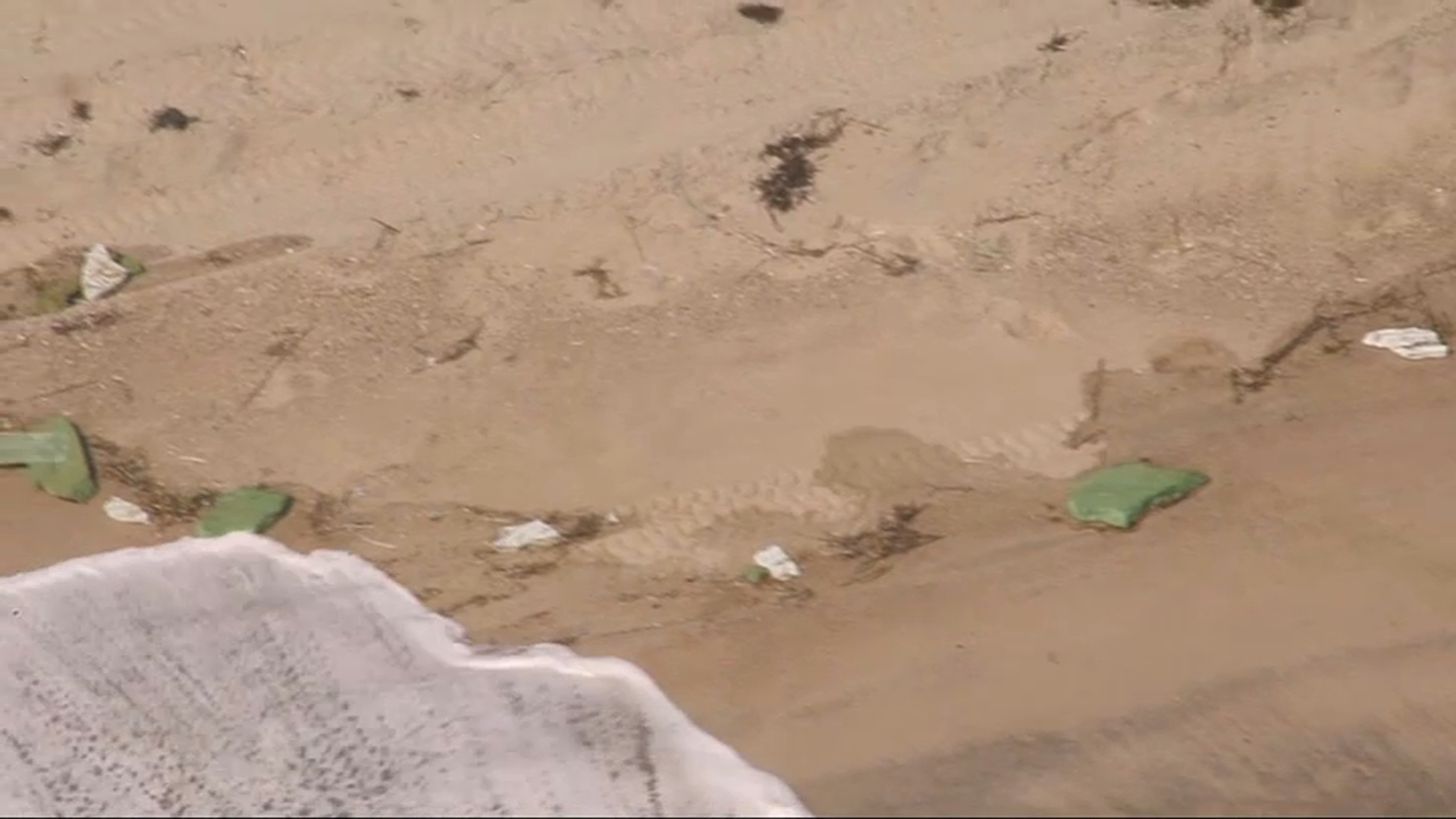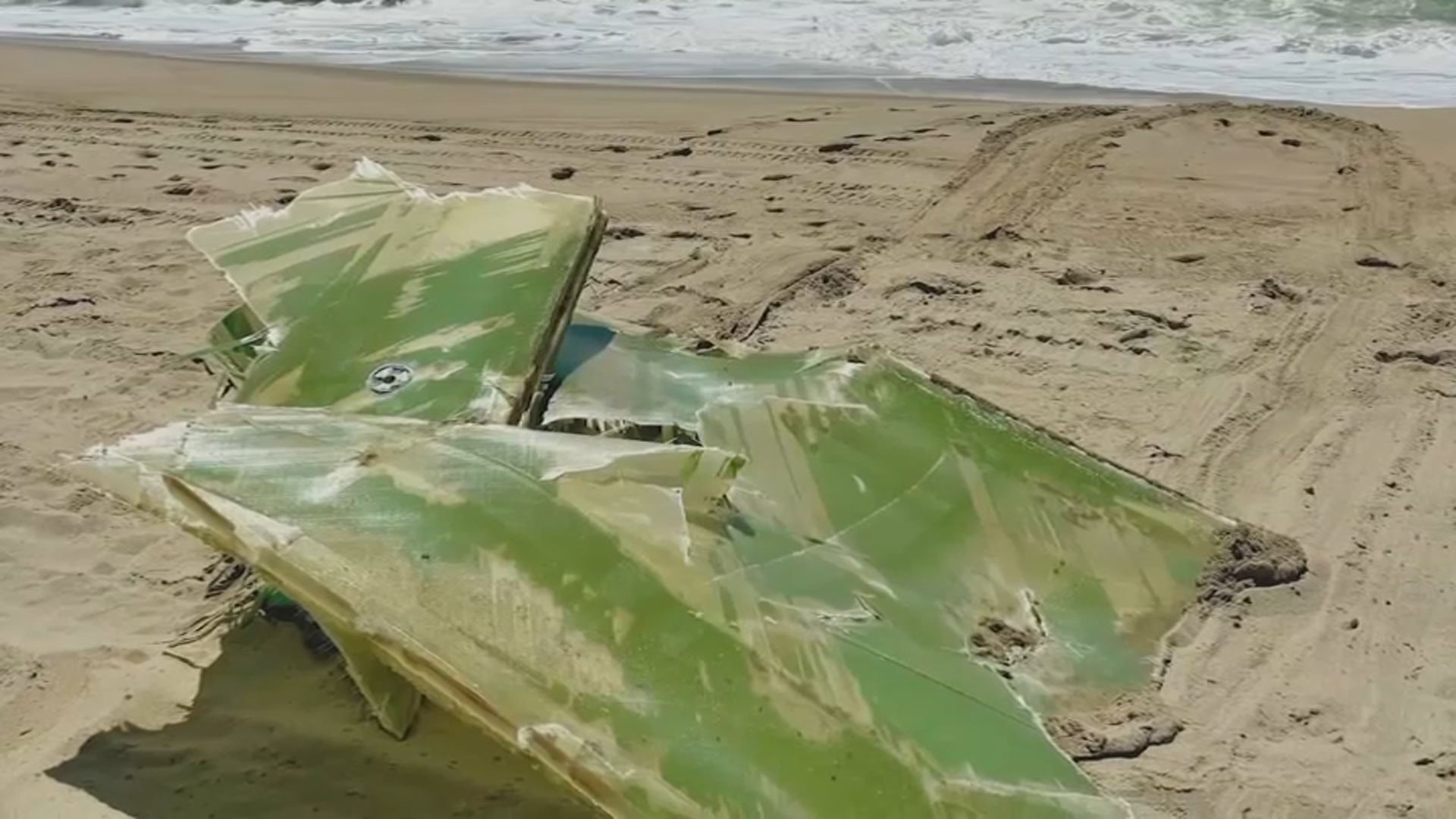
Vineyard Wind plans to remove an unspecified number of blades from existing turbines after conducting scans and quality checks in response to a mid-July breakdown that cast debris into the ocean, company officials announced Wednesday.
Officials with Vineyard Wind and GE Vernova, which manufactured the blades, said just before 6:30 a.m. Wednesday they would remove some existing blades and strengthen others "out of an abundance of caution."
WATCH ANYTIME FOR FREE
>Stream NBC10 Boston news for free, 24/7, wherever you are. |
GE Vernova in July identified "insufficient bonding" during manufacturing as the likely cause of the damage to an AW-38, 107-meter blade, and said company officials did not believe there was an "engineering design flaw."
The project has not been generating power for more than three months after a July 13 incident in which a blade shattered and then fell into the sea.
Get updates on what's happening in Boston to your inbox. Sign up for our >News Headlines newsletter.
"After implementing extensive quality checks -- including the re-examination of more than 8,300 ultrasound images per blade and physical blade inspections with 'crawler' drones -- and out of an abundance of caution, GE Vernova intends to remove some blades from the Vineyard Wind farm while strengthening other blades as needed to support the safety and operational readiness of this project," the company said.
A spokesperson did not immediately respond to follow-up questions about how many blades would be removed.
Project officials said they were granted approval Wednesday to "return to installing new blades on turbines at the project once stringent safety and operational conditions are met."
Federal regulators allowed workers to resume limited activities, including installation of towers and the nacelles that cover turbines themselves, on Aug. 13. Since then, eight new towers and nacelles have been installed, the company said Wednesday.
A spokesperson said power production "will resume only after additional progress is made and all requisite approvals are granted."
At the turbine where the blade shattered in July, workers had finished rotating blades to reduce debris, removing the hanging remainder of the blade that shattered, and clearing debris from the affected platform. The company expects to finish removing seabed debris this week and to finish removing the root of the affected blade from the rotor hub "in the coming weeks."
Sampling and analysis work is also underway examining environmental impacts from the blade collapse, and project officials said results will become available in the coming weeks.
"In alignment with our commitment to being thorough and not rushed before returning to work, we continue to make progress executing on our August Incident and Response Action Plan with safety, operational integrity, and long-term reliability as our top priorities for this important project," said GE Vernova Chief Sustainability Officer Roger Martella. "We will continue to engage with our stakeholders as we move forward through executing and completing the remaining steps in the plan."
Vineyard Wind CEO Klaus Moeller added, "The safety of our team, of the surrounding communities, and of the local environment has always been at the forefront of everything we do, and we are confident that the quality and safety assessments that have been undertaken over the last three months will make this a better, stronger, and safer project going forward."
Years into the state's embrace of offshore wind, the planned 800 megawatt installation is the first, and currently only, offshore wind project locked in to deliver clean power to Massachusetts. Other developers backed out of their initial contracts citing high costs, and the state is in the midst of procuring up to 2,678 megawatts more power across three projects that submitted bids this year.
Vineyard Wind had about 10 operational turbines delivering about 136 megawatts of power before the incident prompted federal overseers to order a halt.




